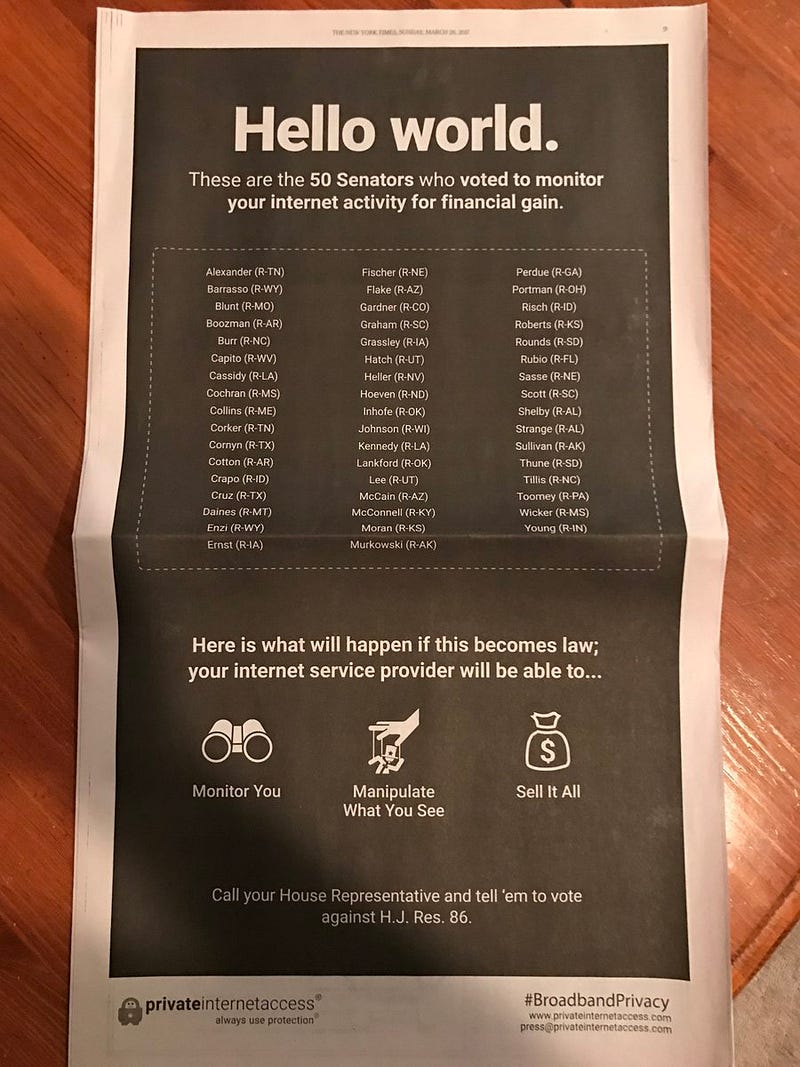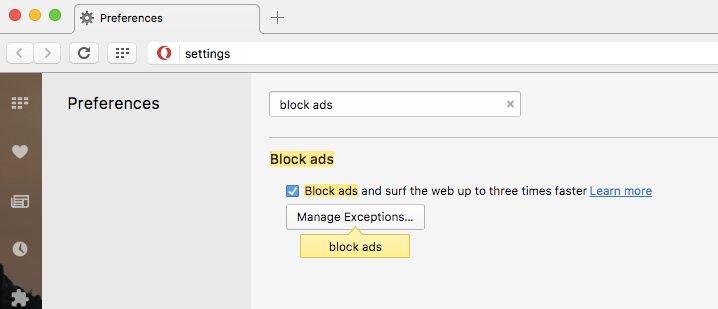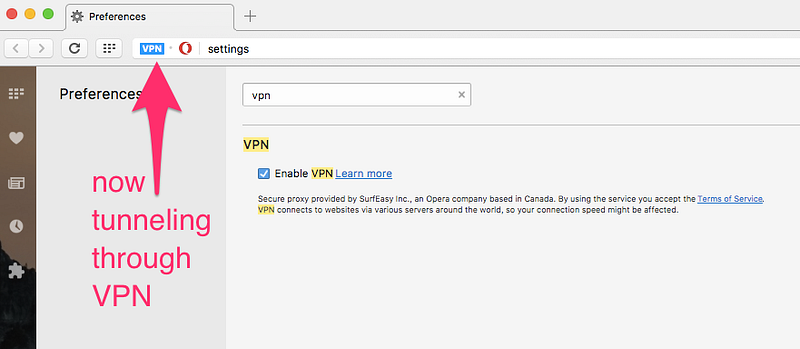‘Soon every mistake you’ve ever made online will not only be available to your internet service provider (ISP) — it will be available to any corporation or foreign government who wants to see those mistakes.
Thanks to last week’s US Senate decision (update March 28: and today’s House decision), ISPs can sell your entire web browsing history to literally anyone without your permission. The only rules that prevented this are all being repealed, and won’t be reinstated any time soon (it would take an act of congress).
You might be wondering: who benefits from repealing these rules? Other than those four monopoly ISPs that control America’s “last mile” of internet cables and cell towers? … these politicians — who have received millions of dollars in campaign contributions from the ISPs for decades — have sold us out.

VPN company Private Internet Access paid $600,000 to run this full-page ad in Sunday’s New York Times — even though they would make a ton of money if these rules were repealed. That’s how this CRA is — even the VPN companies are campaigning against it.
…ISPs can now continue doing these things as much as they want…
- Sell your browsing history to basically any corporation or government that wants to buy it
- Hijack your searches and share them with third parties
- Monitor all your traffic by injecting their own malware-filled ads into the websites you visit
- Stuff undetectable, undeletable tracking cookies into all of your unencrypted traffic
- Pre-install software on phones that will monitor all traffic — even HTTPS traffic — before it gets encrypted. AT&T, Sprint, and T-Mobile have already done this with some Android phones …
How VPNs can protect you
VPN stands for Virtual Private Network.
- Virtual because you’re not creating a new physical connection with your destination — your data is just traveling through existing wires between you and your destination.
- Private because it encrypts your activity before sending it, then decrypts it at the destination.
People have traditionally used VPNs as a way to get around websites that are blocked in their country (for example, Medium is blocked in Malaysia) or to watch movies that aren’t available in certain countries. But VPNs are extremely useful for privacy, too.
There are several types of VPN options, with varying degrees of convenience and security.
Experts estimate that as many as 90% of VPNs are “hopelessly insecure” and this changes from time to time. So even if you use the tools I recommend here, I recommend you take the time to do your homework.
Most VPNs are services that cost money, but the following options are convenient and free to use, with some limited functionality:
Desktop VPN apps
Probably the most secure, trustworthy free VPN you can install (as of when this article was last updated) is ProtonVPN. It’s made by the folks who also make the most secure free email, ProtonMail (which we also highly recommend)
To learn more about why we recommend this stellar VPN, check out BestVPN’s Comprehensive ProtonVPN Review
Mobile Device VPN apps (smartphone, tablet, etc.)
Windscribe – This is our choice for best freemium VPN, since they earn high marks for privacy and give you 10GB free/month. Check out BestVPN’s Review
Opera VPN – While there are definitely better VPNs available, OperaVPN is one of the very few that offer free ulimited bandwitdh. See BestVPN’s Review
Browser-based VPNs
Opera is a popular web browser that comes with some excellent privacy features, like a free built-in VPN and a free ad blocker (and as you may know, ads can spy on you).
Opera’s free VPN service offers a choice of ‘virtual’ country locations to connect through.
I recommend setting the U.S. as your location for Americans, unless you’re quite familiar with the ins & outs of how VPNs work.
Also be advised that you will likely need to disable your VPN in order to use certain websites or apps.
If you just want a secure way to browse the web without ISPs being able to easily snoop on you and sell your data, Opera is a great start. Let’s install and configure it real quick. This takes less than 5 minutes.
Before you get started, note that this will only anonymize the things you do within the Opera browser. Also, I’m obligated to point out that even though Opera’s parent company is European, it was recently purchased by a consortium of Chinese tech companies, and there is a non-zero risk that it could be compromised by the Chinese government.
Having said that, here’s how to browse securely with Opera:
Step #1: Download the Opera browser
Step #2: Turn on its ad blocker by clicking on the Opera menu (upper left) and going to Preferences
Step #3: Turn on its VPN:

That’s it! You can now browse much more privately than you likely had been.
For secure messaging, you may also want to check out Edward Snowden-recommended Open Whisper Systems’ mobile and desktop app called Signal.
Click here for the original article torhis was excerpted from.
